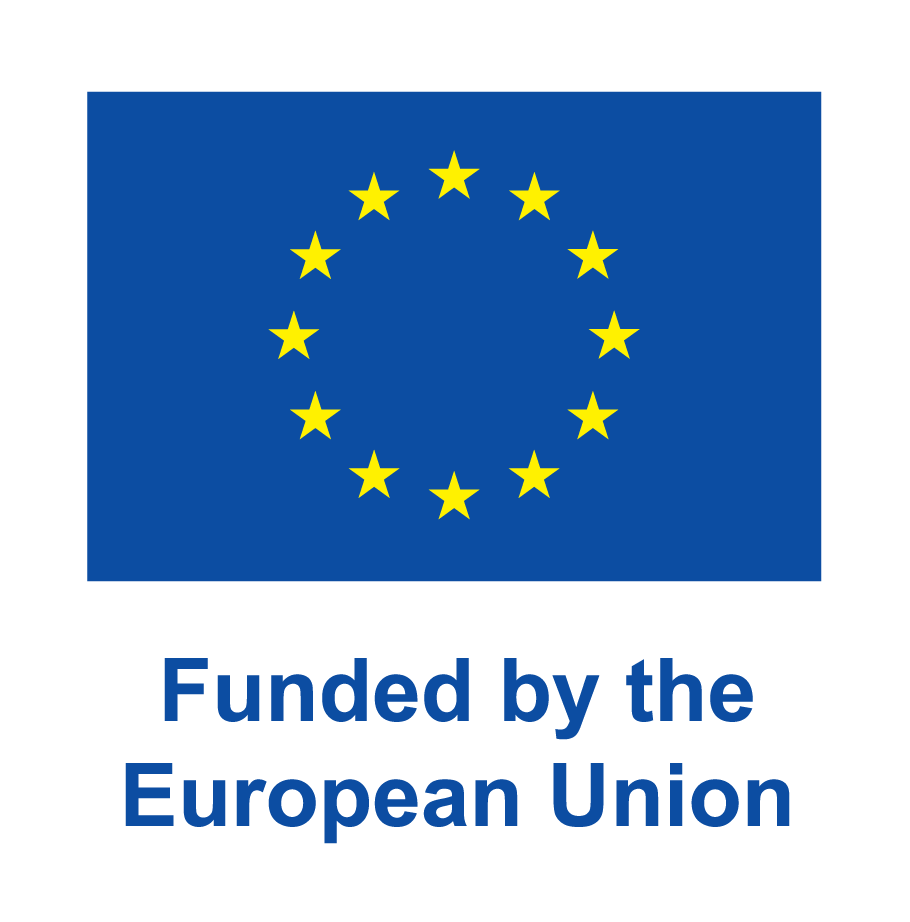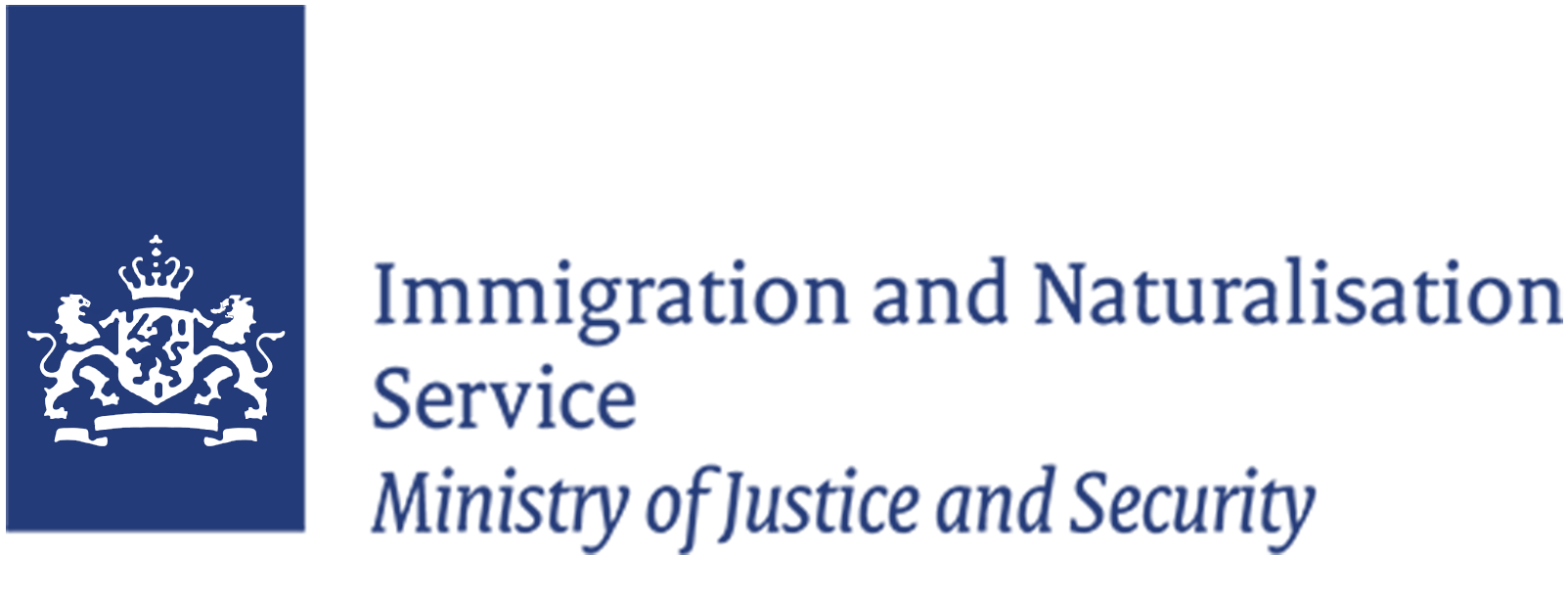For displaced persons from Ukraine, finding work involves more than just knowing the language of the country. It also involves finding a job that matches their education, but this is often a challenge. Many European countries therefore support displaced persons in this regard, for example by facilitating the recognition of diplomas.
Finding work that matches education levels is a challenge for displaced persons from Ukraine
On 4 March 2022, the EU activated the Temporary Protection Directive (TPD) in order to respond quickly to the large numbers of displaced persons from Ukraine. In doing so, the EU granted these refugees certain rights, including the right to work in a host country as an employee or as a self-employed person. Experience gained by countries in applying the TPD shows that language is not the only barrier to labour market integration for displaced persons from Ukraine.
Suitable work
Almost three-quarters of the countries (AT, BE, CZ, DE, EE, FI, FR, IE, IT, LT, LU, LV, NL, PL, PT, SK) give priority to supporting displaced persons from Ukraine in finding suitable work. To reduce the risk of a mismatch between the qualifications sought and those offered, the Netherlands took sector-specific measures, such as job placement and childcare. In France, displaced persons from Ukraine can have an analysis of their wishes and qualifications carried out. This is done through interviews and is intended to provide advice on finding work. The Netherlands and 10 other countries (AT, BE, DE, EE, FR, IE, LV, PL, PT, SK) have also developed policies to facilitate the recognition of professional qualifications.
Language skills
To improve labour market integration, the Netherlands and 12 other countries (AT, BE, CZ, DE, EE, EL, FI, FR, LT, LU, LV, PT) are also focusing on learning the national language. How they approach this varies greatly from country to country. For example, the Austrian UWV works with the Integration Fund to offer language courses, with childcare available. Belgium (Wallonia), Ireland, Luxembourg and Poland offer special language courses for specific sectors with staff shortages, such as medical professions and (truck) drivers.
Participation in the labour market
At the beginning of 2023, 40 percent of displaced persons from Ukraine (who are able and permitted to work) were active in the labour market in the Netherlands. The same was true for Estonia, Lithuania and Denmark. In Central and Eastern European countries, this percentage was much higher: 66 percent on average. Germany and Switzerland showed relatively lower percentages: 18 percent and 14 percent, respectively. Most displaced persons from Ukraine work in the hospitality industry, administration, industry, wholesale and retail trade, or construction.
*Participating countries: Austria (AT), Belgium (BE), Bulgaria (BG), Cyprus (CY), Czech Republic (CZ), Germany (DE), Estonia (EE), Greece (EL), Spain (ES), Finland (FI), France (FR), Croatia (HR), Hungary (HU), Ireland (IE), Italy (IT), Lithuania (LT), Luxembourg (LU), Latvia (LV), Netherlands (NL), Poland (PL), Portugal (PT), Sweden (SE), Slovakia (SK); Serbia (RS)


